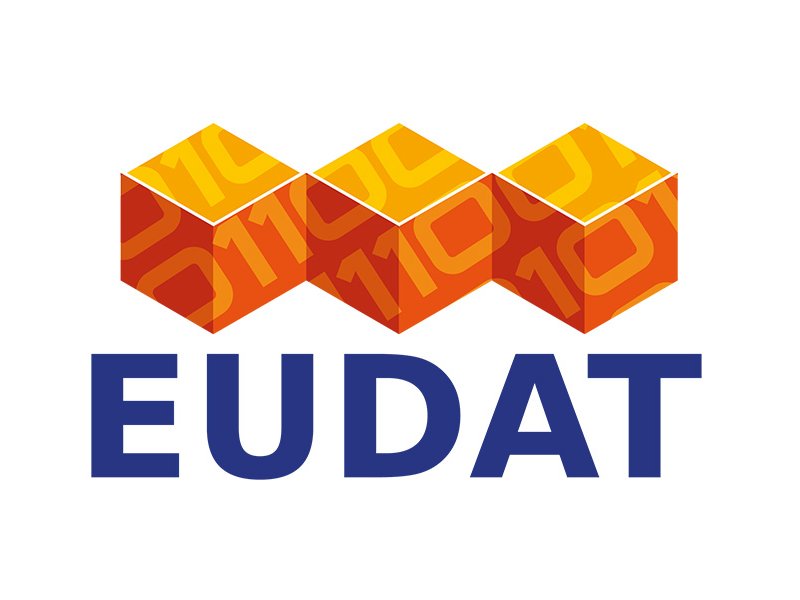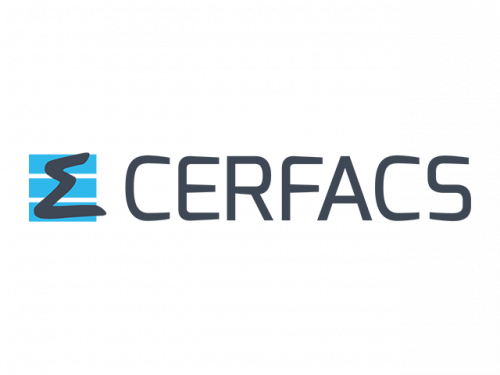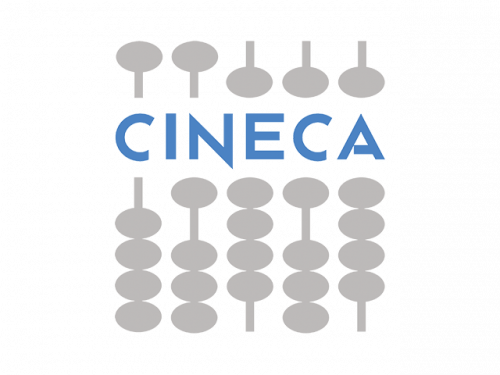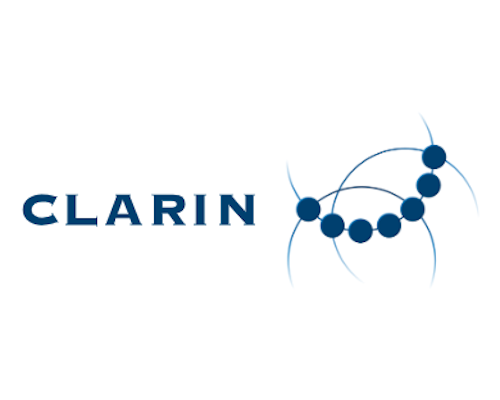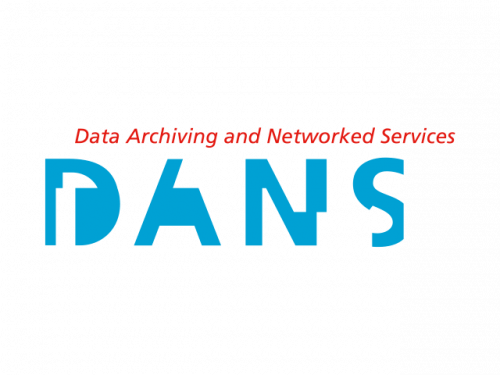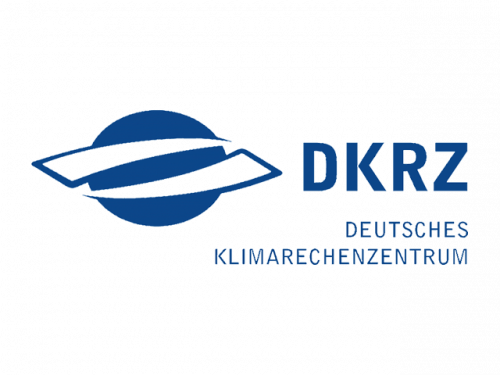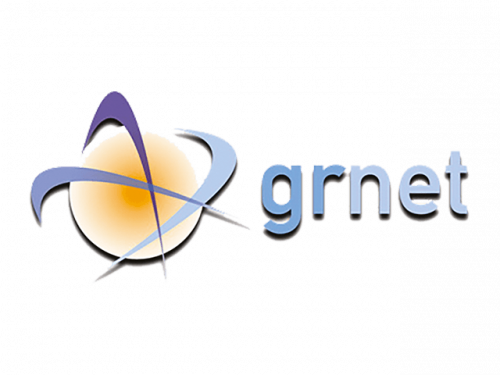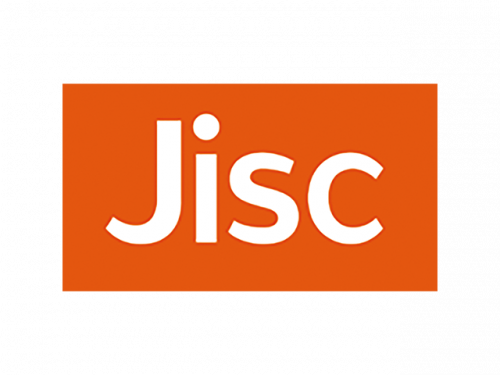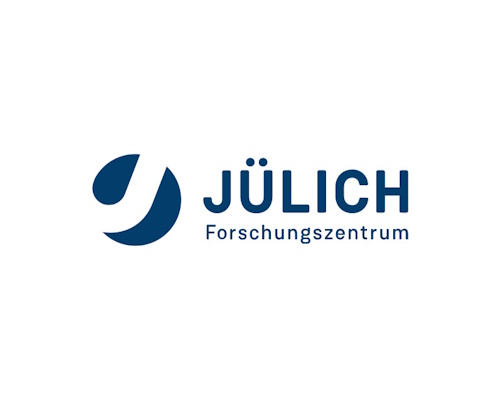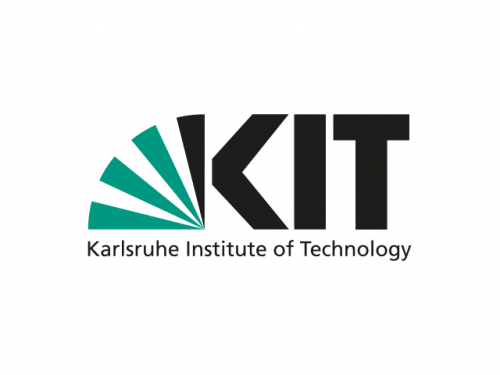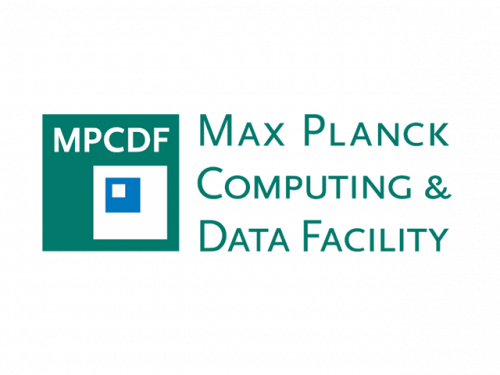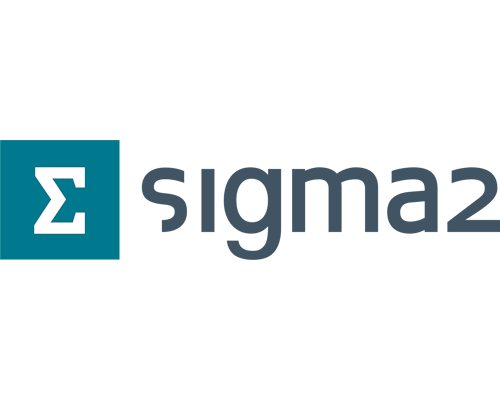EUDAT2020 (March 2015 – Feb 2018) received funding from the European Union’s H2020 Programme, DG Connect e-Infrastructure Unit under Contract No. 654065.
Project Overview
EUDAT2020 brought together a unique consortium of e-infrastructure providers, research infrastructure operators, and researchers from a wide range of scientific disciplines under several of the ESFRI themes, working together to address the new data challenge. In most research communities, there is a growing awareness that the “rising tide of data” will require new approaches to data management and that data preservation, access and sharing should be supported in a much better way. Data, and a fortiori Big Data, is a cross-cutting issue touching all research infrastructures.
EUDAT2020’s vision was to enable European researchers and practitioners from any research discipline to preserve, find, access, and process data in a trusted environment, as part of a Collaborative Data Infrastructure (CDI) conceived as a network of collaborating, cooperating centres, combining the richness of numerous community-specific data repositories with the permanence and persistence of some of Europe’s largest scientific data centres.
EUDAT2020 built on the foundations laid by the first EUDAT project, strengthening the links between the CDI and expanding its functionalities and remit. Covering both access and deposit, from informal data sharing to long-term archiving, and addressing identification, discoverability and computability of both long-tail and big data, EUDAT2020’s services addressed the full lifecycle of research data.
One of the main ambitions of EUDAT2020 was to bridge the gap between research infrastructures and e-Infrastructures through an active engagement strategy, using the communities that were in the consortium as EUDAT beacons and integrating others through innovative partnerships.
During its three-year funded life, EUDAT2020 evolved the CDI into a healthy and vibrant data-infrastructure for Europe, and positioned EUDAT as a sustainable infrastructure within which the future, changing requirements of a wide range of research communities are addressed.
Project Structure
Networking Activities
WP2 (Service Strategy, Policy and Sustainability) is concerned with the overall policy and service strategy of EUDAT2020, with a strong view towards future governance and sustainability.
WP3 (Communication, Training and Outreach) supports the project by managing the relationships between work packages and their various target audiences and providing the channels for other parts of the project to use to reach them. Activities related to training will include the creation of training curricula.
WP4 (Community Requirements and Engagement) will ensure that the services developed and deployed and the research agenda meet the needs of the user communities.
Service Activities
WP5 (Service Building) is responsible for the service building process using available technologies.
WP6 (Operations) is responsible for operating the European collaborative data infrastructure according to requirements and policies. WP6 will also ensure the quality of the provided services following ITIL principles.
WP7 (Cross-Infrastructure Services) is responsible for piloting cross-infrastructure services.
Research Activities
WP8 (Data Life Cycle across Communities) deals with technologies related to the data life cycle with a focus on dynamic data.
WP9 (Technology Exploration) aims to enhance the EUDAT CDI by exploring new technologies that could improve or replace components within the EUDAT CDI.

